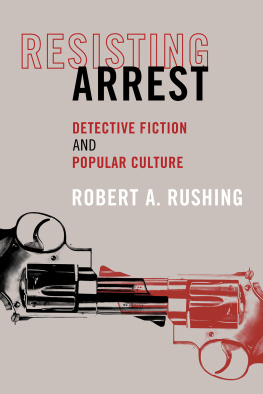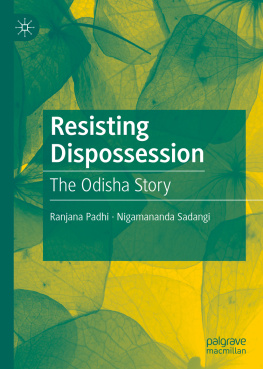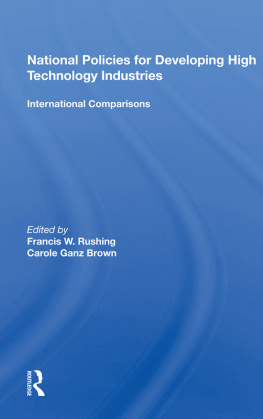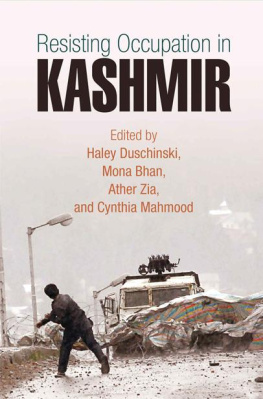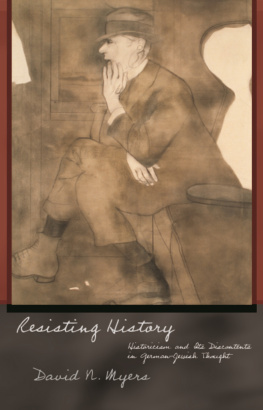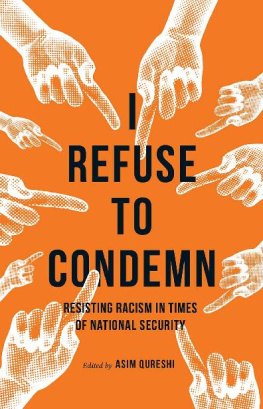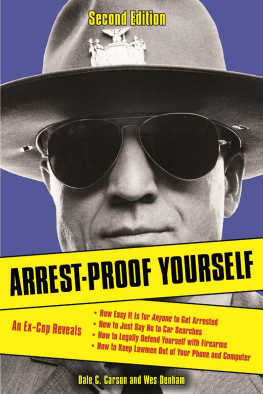Robert A. Rushing - Resisting Arrest
Here you can read online Robert A. Rushing - Resisting Arrest full text of the book (entire story) in english for free. Download pdf and epub, get meaning, cover and reviews about this ebook. year: 2021, publisher: Other Press, genre: Detective and thriller. Description of the work, (preface) as well as reviews are available. Best literature library LitArk.com created for fans of good reading and offers a wide selection of genres:
Romance novel
Science fiction
Adventure
Detective
Science
History
Home and family
Prose
Art
Politics
Computer
Non-fiction
Religion
Business
Children
Humor
Choose a favorite category and find really read worthwhile books. Enjoy immersion in the world of imagination, feel the emotions of the characters or learn something new for yourself, make an fascinating discovery.
- Book:Resisting Arrest
- Author:
- Publisher:Other Press
- Genre:
- Year:2021
- Rating:3 / 5
- Favourites:Add to favourites
- Your mark:
- 60
- 1
- 2
- 3
- 4
- 5
Resisting Arrest: summary, description and annotation
We offer to read an annotation, description, summary or preface (depends on what the author of the book "Resisting Arrest" wrote himself). If you haven't found the necessary information about the book — write in the comments, we will try to find it.
Resisting Arrest — read online for free the complete book (whole text) full work
Below is the text of the book, divided by pages. System saving the place of the last page read, allows you to conveniently read the book "Resisting Arrest" online for free, without having to search again every time where you left off. Put a bookmark, and you can go to the page where you finished reading at any time.
Font size:
Interval:
Bookmark:
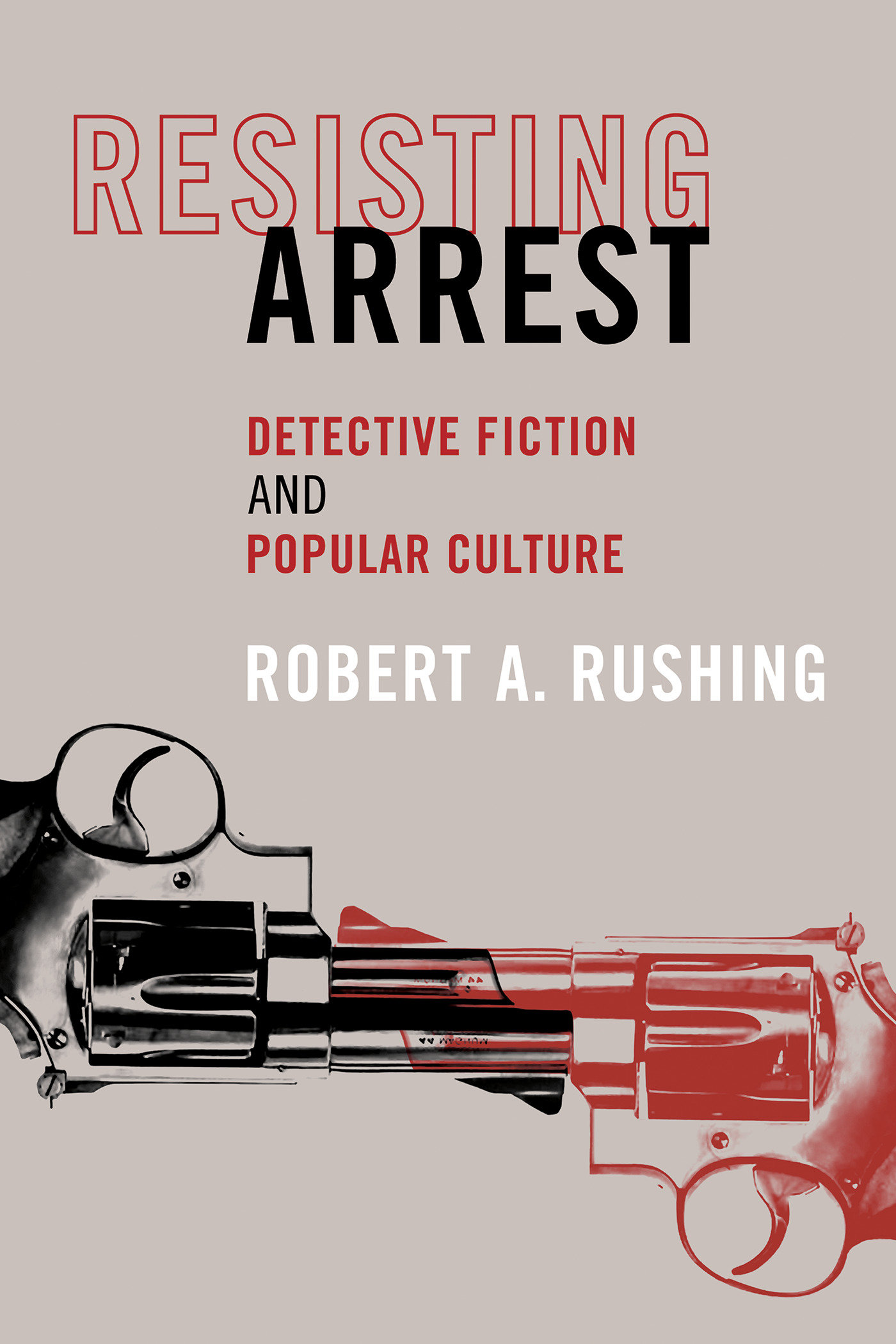
A series of books edited by Samir Dayal
Crisis of the European Subject
Julia Kristeva
Three Mothers, Three Daughters:
Palestinian Womens Stories
Michael Gorkin and Rafiqa Othman
Sunlight and Shadow:
The Jewish Experience of Islam
Lucien Gubbay
Don Juans Wager
Franois Rachline
Textures of Time:
Writing History in South India 16001800
Velcheru Narayana Rao, David Shulman, and Sanjay Subrahmanyam
The Puerto Rican Syndrome
Patricia Gherovici
Belief in Dialogue:
U.S. Latina Writers Confront Their Religious Heritage
B. Marie Christian
Resisting Arrest:
Detective Fiction and Popular Culture
Robert A. Rushing
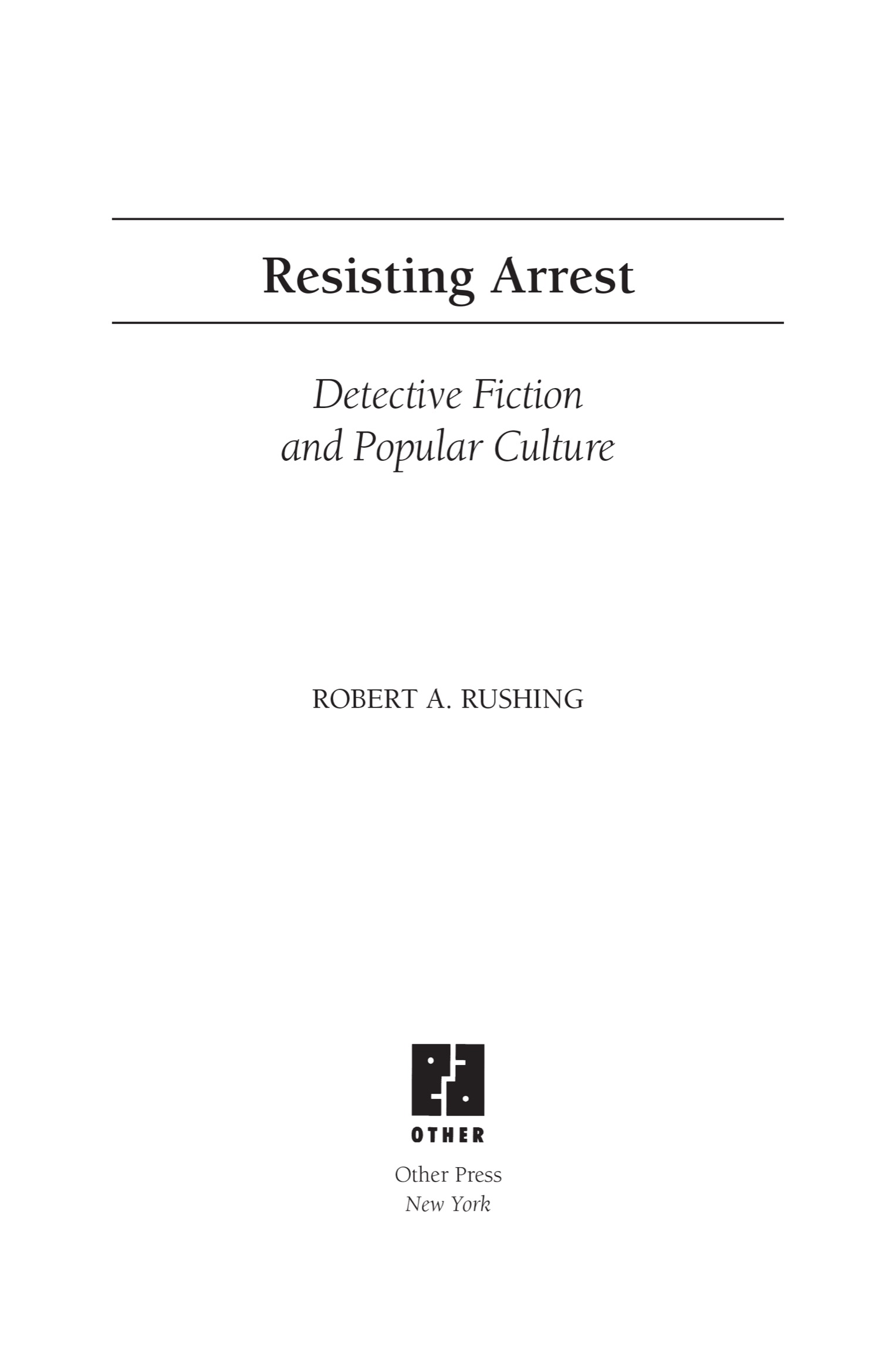
Copyright 2007 by Robert A. Rushing
Production Editor: Robert D. Hack
Ebook ISBN9781635421460
All rights reserved. No part of this publication may be reproduced or transmitted in any form or by any means, electronic or mechanical, including photocopying, recording, or by any information storage and retrieval system, without written permission from Other Press LLC, except in the case of brief quotations in reviews for inclusion in a magazine, newspaper, or broadcast. For information write to Other Press LLC, 267 Fifth Avenue, 6th Floor, New York, NY 10016. Or visit our Web site: www.otherpress.com.
The Library of Congress has cataloged the printed edition as follows:
Rushing, Robert A.
Resisting arrest : detective fiction and popular culture / Robert A. Rushing.
p. cm.
Includes bibliographical references and index.
ISBN 978-1-59051-241-8 (acid-free paper) 1. Detective and mystery storiesHistory and criticism. 2. Detective and mystery filmsHistory and criticism.
I. Title.
PN3448.D4R87 2007
791.43655dc22
2006016275
a_prh_5.6.1_c0_r0
SAMIR DAYAL
The decline of the traditional realist novel and the concomitant rise of the modern novel constitute a major development in the annals of literary history. Indeed it is now a critical commonplace that it became impossible to write a traditional psychological/realist novel after this generic cut of the modern. Simultaneously, as Slavoj iek writes, the detective story gave way to the detective novel. And what the modern novel and the detective novel have in common is the impossibility of telling a story in a linear, consistent way (iek 1992, p. 49; emphasis original). In detective novels, the chain of events that constitutes the story or mystery is always reconstructed retrospectively by the detective. This act of reconstruction is often compared to the work of the analyst, the subject supposed to know (le sujet suppos savoir). Thus iek foregrounds the detectives essential genius and agency: he (and it is usually he) is able to identify and lend significance to the odd but apparently trivially obvious element in the set of clues, the array of evidence available to allthose enfolded within the narrative and those who number among the readership and are therefore external to it (iek, p. 53).
This excessive, paradoxical, or apparently nonsensical element shows the narrative to be lacking something critical, and therefore requiring the retrospective reconstruction of the detective/analyst, and I say more about this below. Something similar to this retrospective reconstruction also happens in the psychoanalytic clinic: detection and analysis shed light on each other, the one clarifying the procedures of the other and each showing the hidden premises of the other. The detectives reconstructive procedures, for instance, highlight the not necessarily logical deduction employed by the analyst. On the other hand the psychoanalysts interpretation of the signifiers of the analysands unconscious motivations illuminates the detectives insight into the signifiers of the criminals motives. The excessive element is also what allows the detective/analyst to connect, as if through the process of countertransference, with the desire of the criminal/analysand, and thus grasp the key of interpretation. This is the insight Robert Rushing takes as structurally pivotal for his own argument. Yet his signal contribution to the study of detective fiction is that he significantly develops the original insight and shifts our gaze in a different direction, namely the dynamics of reception.
Rushing aligns his analysis explicitly with the trajectory of psychoanalytic understandings, beginning with Freud, of misplaced and misunderstood desire. This trajectory, of course, includes Lacan and scholars who work within a Lacanian discursive framework, such as iek and Joan Copjec. In this tradition, some of the most compelling contemporary writing about detective fiction and film emphasizes the relationship between the detective and his criminal adversary. Copjec, for instance, identifies this relationship as central (1993a, p. vii). Elsewhere, she strenuously theorizes the differential relations among the class of suspects within the diegetic spaces of detective fiction. The emphasis of Copjecs analysis, then, is primarily internalist.
The major contribution of Rushings book is that unlike the work of critics such as iek and Copjec (with whom he formally and discursively aligns himself explicitly) it refocuses our attention on the reception of the fiction, and more particularly on the relationship between detective and reader, or sleuth and spectator, by returningor readdressingreaders attention not only to the sleuths desire but to our own, thereby straddling the fictional and the actual worlds. Whereas iek and Copjec emphasize the internal, diegetic relationship between detective and criminal, Rushings analysis offers fresh insights into extradiegetic terraininto certain homologies between the desire of the detective and the desire of the reader. Rushings analysis therefore develops the mirrored circuits of desire: the desire of the detective mirroring that of the reader, on the one hand, and the desire of the critic mirrored by that of the critics audience on the other.
What is gained by entering this hall of mirrored desires? What is important about redressing the emphasis on an internalist analysis of detective fiction to focus on the extradiegetic aspect of reception? The answer is that detective fiction and film, sometimes regarded with disdain as low forms (the counterpart of high art) in fact reveal much about the structure of readerly or spectatorial pleasure, particularly in the extreme form of jouissance. Rushings book delves into the reasons readers and viewers find themselves returning again and again to the pleasures of detective fiction. The implications of this discussion reach beyond the act of reading, beyond reception, to engage with questions of genre and gender, of pleasure and its sustenance through the very act of deferring satisfaction. Rushing returns us to the psychoanalytic insight that the essential nature of desire is lack, or the failure of completion. Something, as Lacan put it, does not stop not writing itself. And so Rushings exploration also highlights the crucial link between desire and repetition as the key to the vitality of detective fiction. We return again and again to the scene of the crime, as it were, and not because we do not know whodunit. We repeat the delicious crime of reading or watching this often-deprecated genre of detective fiction because it is a way of resisting the arrest of desire. The only alternative would be a negative, bad
Font size:
Interval:
Bookmark:
Similar books «Resisting Arrest»
Look at similar books to Resisting Arrest. We have selected literature similar in name and meaning in the hope of providing readers with more options to find new, interesting, not yet read works.
Discussion, reviews of the book Resisting Arrest and just readers' own opinions. Leave your comments, write what you think about the work, its meaning or the main characters. Specify what exactly you liked and what you didn't like, and why you think so.

